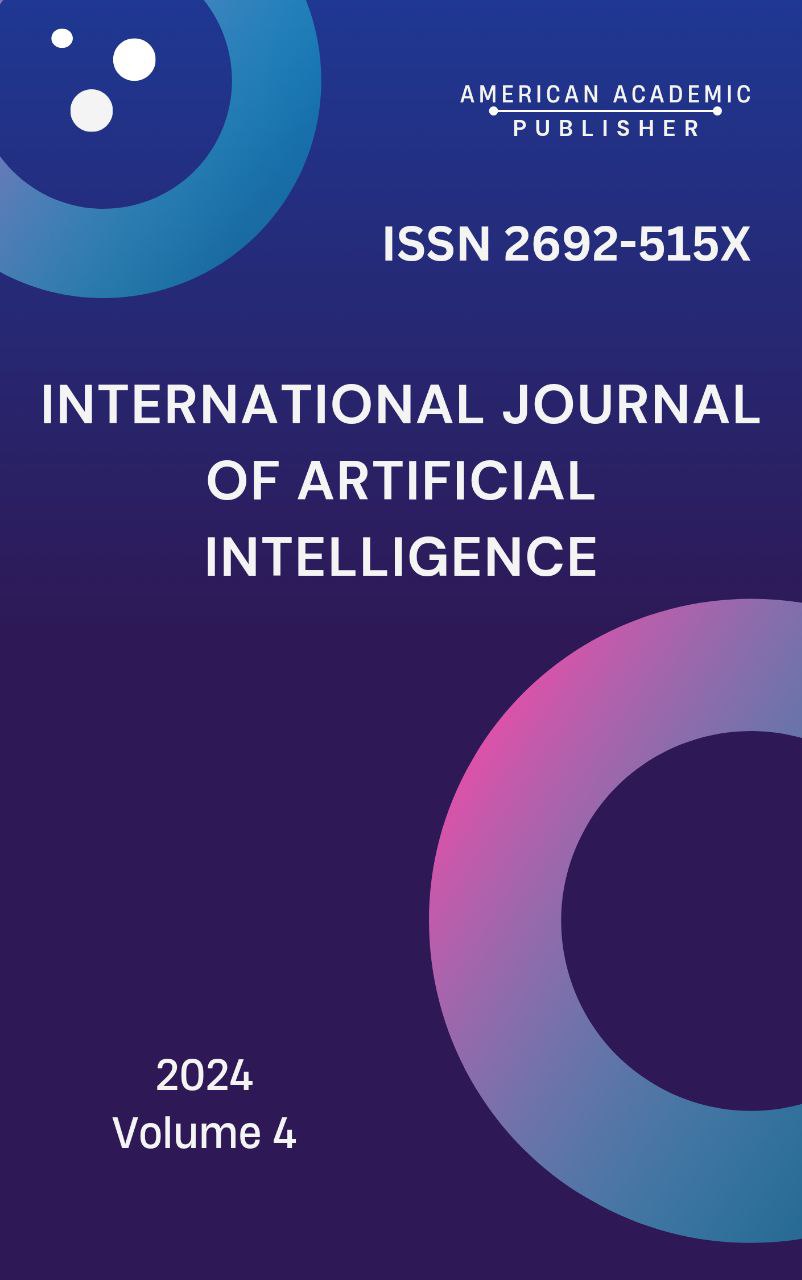 Articles
| Open Access |
Articles
| Open Access | FORMATION OF COGNITIVE METAPHOR
Yusupova Aziza Muhiddin qizi,O’tamuradova Nazirabonu Faxriddin qizi , Teacher Of University Of Science And Technology,Student Of University Of Science And TechnologyAbstract
In this article, modern directions of using metaphor as a unique method for understanding and describing the world scene were studied. In this place, the elements forming the metaphor, its types, the specific features and problems of the metaphor in the translation process were studied. The article examines the factors of emergence, history, formation and improvement of cognitive linguistics. Scientific research conducted in these fields of science is studied and theoretical knowledge is summarized. The attitude is expressed to their work.
Keywords
metaphor, cognitive linguistics, traditional metaphor, linguistic and cultural, concept, thinking.
References
Баранов А. Н. О типах сочетаемости метафорических моделей// Вопросы языкознания. –М.,2003.№2.–с. 73-79.
Кубрякова Е. С. Эволюция лингвистических идей во второй половине хх века// Язык и наука хх века.–М.,1995.–с.144-238.
Лакофф Джонсон М. Метафора, которыми мы живём// Теория метафоры.–М., 1990.
Vejbiskaya A. Yazыk. Kultura. Poznanie. –M.: Russkie slovari, 1997.
Kratkiy slovarь kognitivnыx terminov / E.S.Kubryakova, V.Z.Demьyankov, YU.G.Pankras, L.G.Luzina. – M.:1966.
Gorelov I. N. Osnovы psixolingvistiki. – M.: 1997. -S. 224.
Safarov SH. Kognitiv tilshunoslik. – Jizzax: Sangzor, 2006.
Zamonaviy o‘zbek tili. Morfologiya. – T.: Mumtoz so‘z, 2008. -B. 59.
Article Statistics
Downloads
Copyright License

This work is licensed under a Creative Commons Attribution 4.0 International License.

